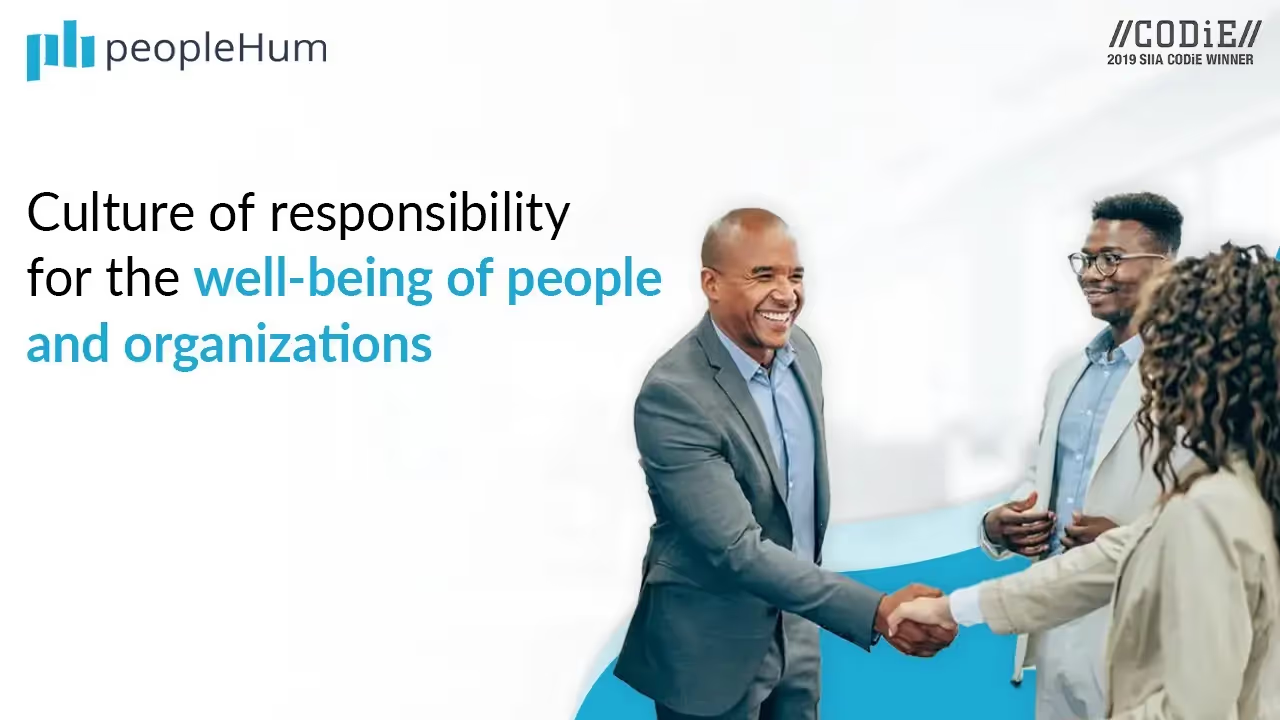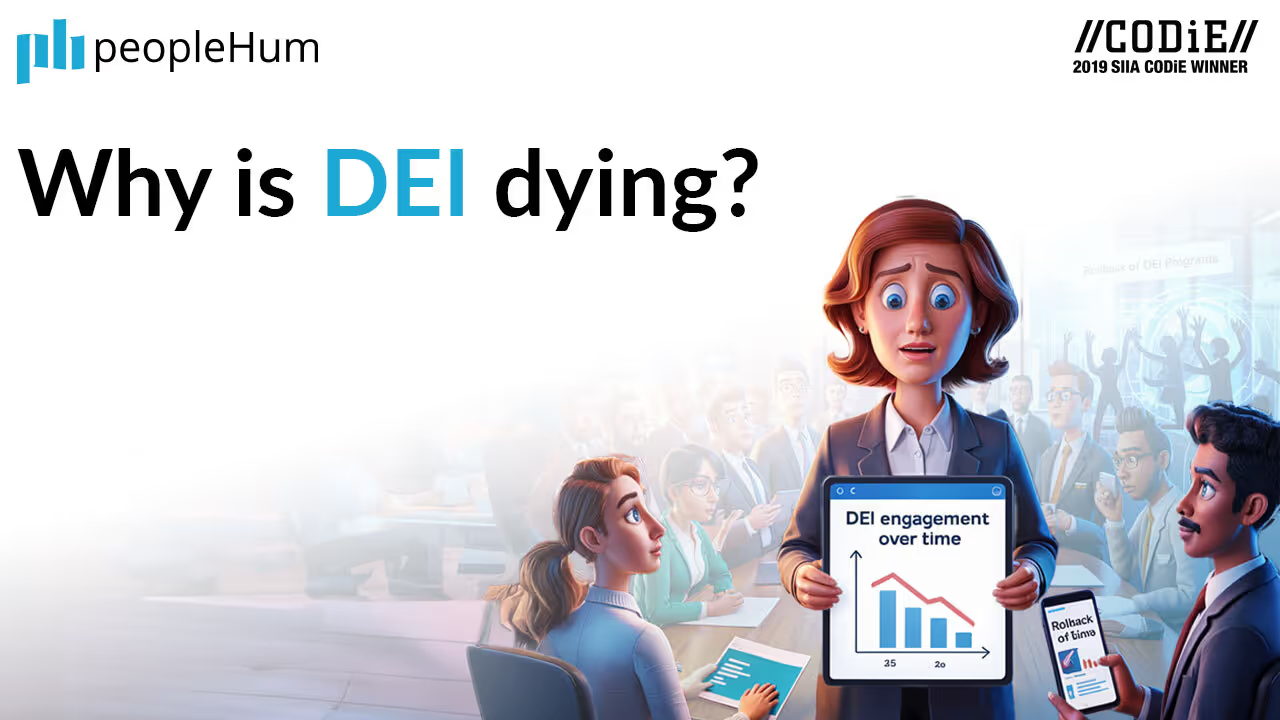To foster well-being within organizations, it is important to focus on the motivation that drives people to make work and career choices to see if they match and can be compatible with the "culture" of the organization, that set of values, rules , habits, beliefs and behaviors that over time form the system within which individuals meet and act.
Living in complex systems, individualism and protagonism are both attitudes that risk having negative effects on the state of well-being perceived by people within the same office, albeit with different nuances and impacts. Individualism tends to favor and choose actions in line with the particular interests and for the benefit of the individual subject, to the detriment of those of the reference community; it is often combined with a lack of willingness to listen and mediate, with a lack of willingness to find innovative solutions with the intention of imposing one's own reasons, sometimes with arrogance.
Assimilable and even more marked in the peculiarities described above, is the protagonism which, needing to "feed" the ego, accentuates and enhances personal priorities in a non-objective way, undermining team spirit and impacting productivity and efficiency because in the face of choice between time, costs and quality of work and their own advantage, the protagonist will tend to choose the latter to the detriment of the final result and the values of equity, sharing and collaboration.
To overcome these unfortunately frequent attitudes, we can draw inspiration from the opposite model by observing an organizational culture that rests its foundations on the values of trust, respect and collaboration between its members.
This "culture of responsibility" highlights constructive and virtuous behaviors, focuses on the set of practices and relationships, cultivates an approach and a mentality that sees error as a natural part of the evolutionary process and of learning and use correcting feedback as a neutral observation on behaviors / actions, so as to make it a useful and valuable exercise of critical thinking on operating methods that knows how to separate criticism from judgments, limiting itself to facts and always safeguarding people.
To overcome the tendency to individualism and protagonism, which often favor the onset of rivalry and envy by fueling conflicts, it is important to highlight the values on which the organization rests by defining the contribution it wants to bring to society and the goal excellent to which it tends; this is to push individuals to ask themselves what impact they want to have and what they are willing to give.
It will not immediately be spontaneous and natural to educate to virtuous and indeed "widespread" responsibility because it is extended to all functions and can also be observed from the outside, but in some fields it is a challenge that can no longer be postponed, just think of the sectors of education, institutions or non-profit where the terms "vocation", "service" and "work ethic" should be congruent with acting on the field, guiding the choices of individuals and systems to which they belong with an evident positive impact on society.
For some further ideas on motivation and on how to "gently push" people to act more altruistic and responsibly adhering to the reference system, I found the considerations of Charles Duigg useful, in his book " Smarter, faster, better". Duigg argues that motivation is easier when we turn a task into a choice with the responsibility that goes with it, because it arouses a sense of control. When the task is challenging, if we can get people to take the first step by taking an action that makes them feel they can choose and have room for maneuver, for example by defining their areas of intervention, methods and delimiting the play area, it becomes easier for them to continue. Being able to say yes or no confers autonomy and "internal locus of control" that generates motivating energy and alignment between task and direction.
Self-motivation is also linked to considering choices as affirmations of one's values and goals. It is the "why" we do certain things, where we want to go or who we want to be that gives rise to self-determination that charges us positively because it is we who choose to do that action even if it costs effort and implies renunciations. Being clear about the goal gives meaning to our efforts and consistency to our decisions.
To become more and more skilled in making the most suitable decisions for our well-being and aligned with our purposes, it is important to broaden the range of possible "futures", a useful exercise to try to predict the consequences of our choices by hypothesizing different options for carrying out the situations with an open mind to new ideas and perspectives. In delineating them, it will be clearer to identify the preferable option and direct our intentions and choices in that direction. Even during construction, we will be more focused on possible derailments and deviations from the desired path, ready to correct the route and return to the main road by anticipating any hitches or responding promptly to proposals that could distract us or waste time or, even worse, frustrate our action plan.
In order for teams to be motivated, it is important to build that "psychological security" that gives everyone the peace of mind that they can share ideas in equal measure regardless of status or influence and in which one focuses on "how" things are done. and not on the "who". By favoring the autonomy and mastery of individual members, the person best suited to solving a certain type of problem will find himself spontaneously expressing his solutions without fear of being judged and with the certainty that any errors will not backfire.
We can be more effective, productive and satisfied with our choices if we learn to use divergent thinking creatively, so as to expand the view and the range of alternatives.
In this world of still unexplored possibilities, we will learn to consider a misstep as a precious hiccup that reveals something more about us, about our behaviors and interactions with others, an opportunity to adjust the shot by changing habits no longer. functional and choose the most suitable cognitive, emotional and behavioral approaches to combine motivation, well-being and widespread responsibility.





































.avif)












